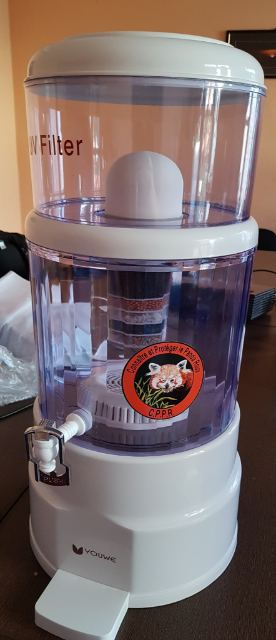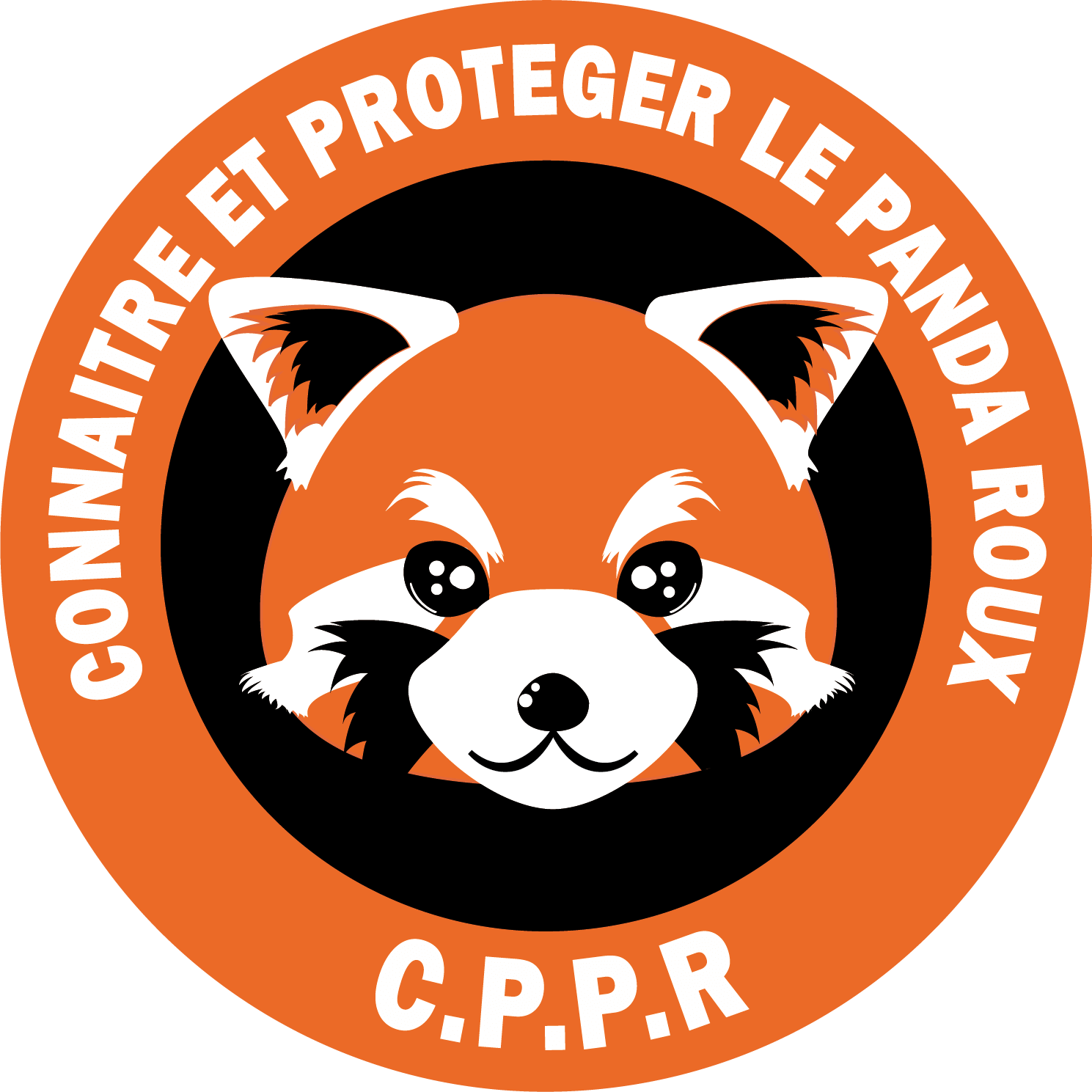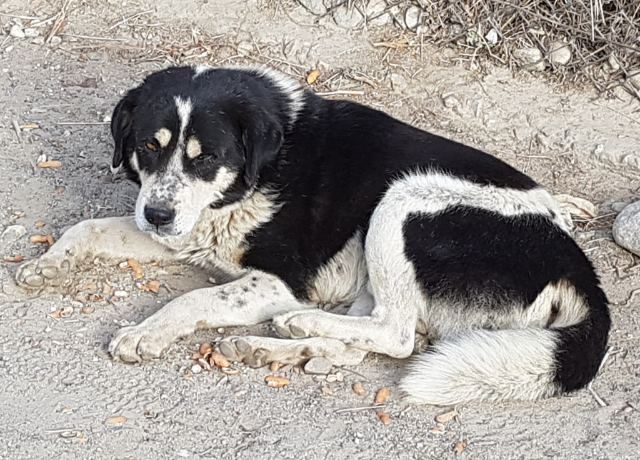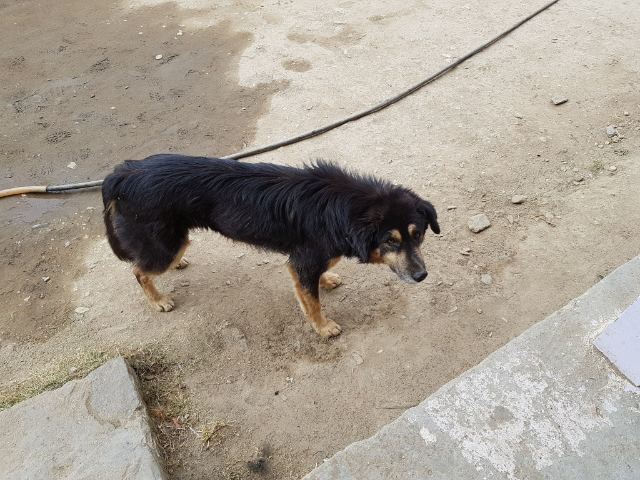PRESERVATION CAMPAIGNS
Thanks to the partnership contract signed between the CPPR and the Red Panda Network (RPN), we have been able to implement various actions for the conservation of the red panda in its natural environment and more precisely in Nepal.
Following the "Nepal mission" carried out in 2018 by Hélène and Alexis, we were able to target campaigns that we could implement from France and thus respond to needs on the field in a concrete way.
We therefore decided to give priority to the protection of the sites we visited: Patmara and Sinja. These communities, located in the Jumla district in western Nepal, have recently benefited from the assistance of the protection programmes set up by the RPN.
Reforestation campaign
After a sad assessment of the state of the forests, we concluded that it was urgent to reforest an entire plot of land on the Patmara site, as a priority
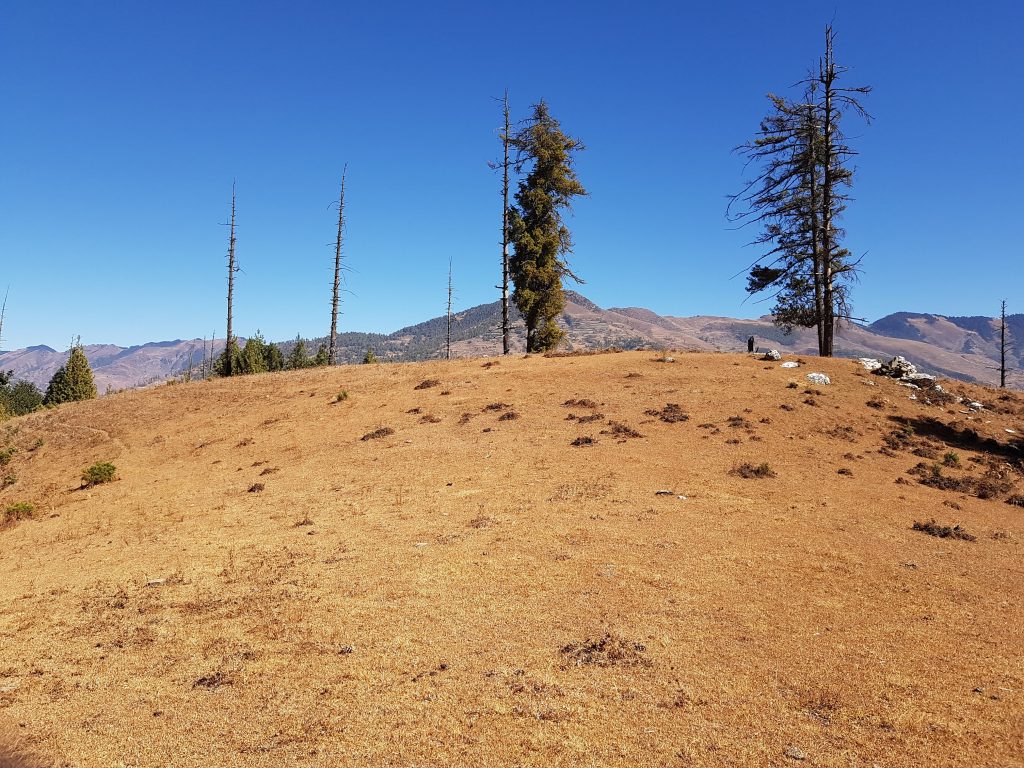
This site is home to a thriving population of red panda, among other species, all equally threatened. But this huge forest has two problems caused by deforestation:
- the lack of bamboo groves, the main food source for the red panda.
- A plot too deforested to allow wildlife to disperse properly, which in the short term causes a risk of inbreeding or excessive predation.
To help correct this problem, we have launched the "Adopt a Tree" campaign, which we call "AuA". The principle is simple: offer to sponsor a tree for €1.50 on our stands or in our e-shop, to finance a seedling to reforest the plot in question. This sum includes the cost of the plant, its transport and the remuneration received by the person who will replant it on site.
In return, the sponsor receives, if he or she so wishes, a symbolic adoption certificate, as well as the possibility of receiving news by e-mail on the progress of the plantations.
Various species have been selected to ensure the success of this programme:
- many conifers, because on them grows an orange lichen allowing the red pandas to camouflage themselves during the day;
- Himalayan birch trees, as their bark crumbles naturally, it will be used to make paper;
- obviously varieties of bamboo, to ensure a suitable diet for the pandas;
- but also rhododendrons, shrubs, bushes, etc., so that all the local fauna can benefit from these environments.
In 2019, our first AuA campaign sponsored the equivalent of two hectares! These seedlings were transported by RPN teams and could be planted by the people of Patmara. We would like to thank all the sponsors who made the programme a success
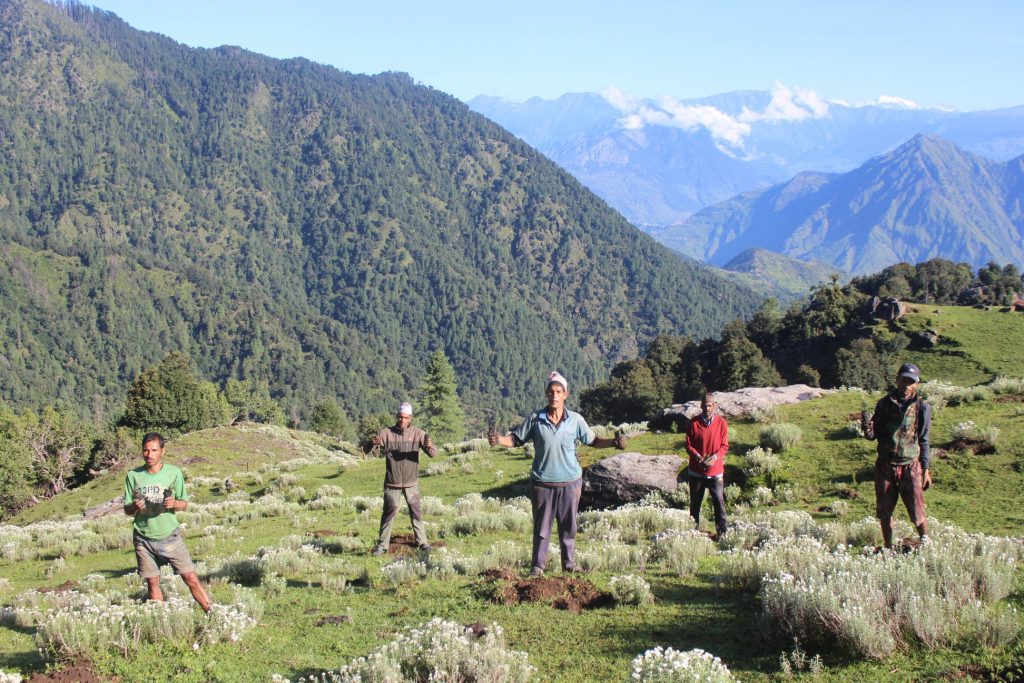
It is also very positive to note the interest of the general public in the preservation and rehabilitation of forests on our planet. This encourages us to continue the campaign to restore as much of the Red Panda's forest range as possible, as there is still a lot to do.
Vaccination and sterilisation campaign for stray dogs
Dogs used by cattle breeders breed uncontrollably and are the cause of an ever-growing population of stray dogs in the plains and mountains of Nepal. The predominantly Buddhist and Hindu culture gives all living creatures a certain benevolence from the population, which allows dogs to live confidently around the villages.
Being originally herding dogs, these animals have a perfect instinct to surprise wildlife and cause damage such as fatal wounds or the transmission of diseases and parasites (square disease, rabies, etc.). In the absence of management measures, stray dogs therefore appear to be one of the main threats to the red panda, and it is therefore urgent to intervene at this level.
To this end, the RPN wanted to set up a campaign to capture stray dogs in order to sterilise and vaccinate them.
Sterilisation not only limits the reproduction of these animals but also reduces aggression levels. In the absence of puppies, females feel less pressure. For males, neutering has the effect of limiting testosterone levels and thus reducing undesirable behaviour.
Vaccines provide multiple protection, since in addition to benefiting the dogs concerned, they also protect the local population and, of course, wildlife, by preventing the spread of disease.
Our association therefore wished to help with this large-scale campaign, particularly from a material point of view. We have listed the equipment needs and organised a collection from our partners in France.
Animal park veterinarians have been very supportive of this logistical help by sending us tools adapted to our needs:
- harnesses and leashes for restraints
- medical equipment: gas tape, compresses, ophthalmic solutions, haemostatic powders, post-operative dressings.
For this, we would like to thank Rosemary, veterinarian at the animal park Le Pal, who organised the collection of material!
In 2019, the early stages of the campaign have already resulted in the effective vaccination of almost 700 dogs.
Working with local people
It is important to understand that the association works for the protection of the red panda in its habitat in full collaboration with the inhabitants of the sites concerned. The ecological and economic alternatives proposed by RPN to the local population allow for a clear improvement in living conditions, and enable the success of the measures put in place.
The active participation of local people in conservation programmes also ensures a more secure future for all, both economically and environmentally.
We also wanted to help these local populations, by collecting for example warm clothes and shoes adapted to the high mountains, for the forest guards, or by offering a water purifier to the school of Sinja, because there, water is not drinkable, and people must boil it before drinking it (and thus take wood to light a fire...)
